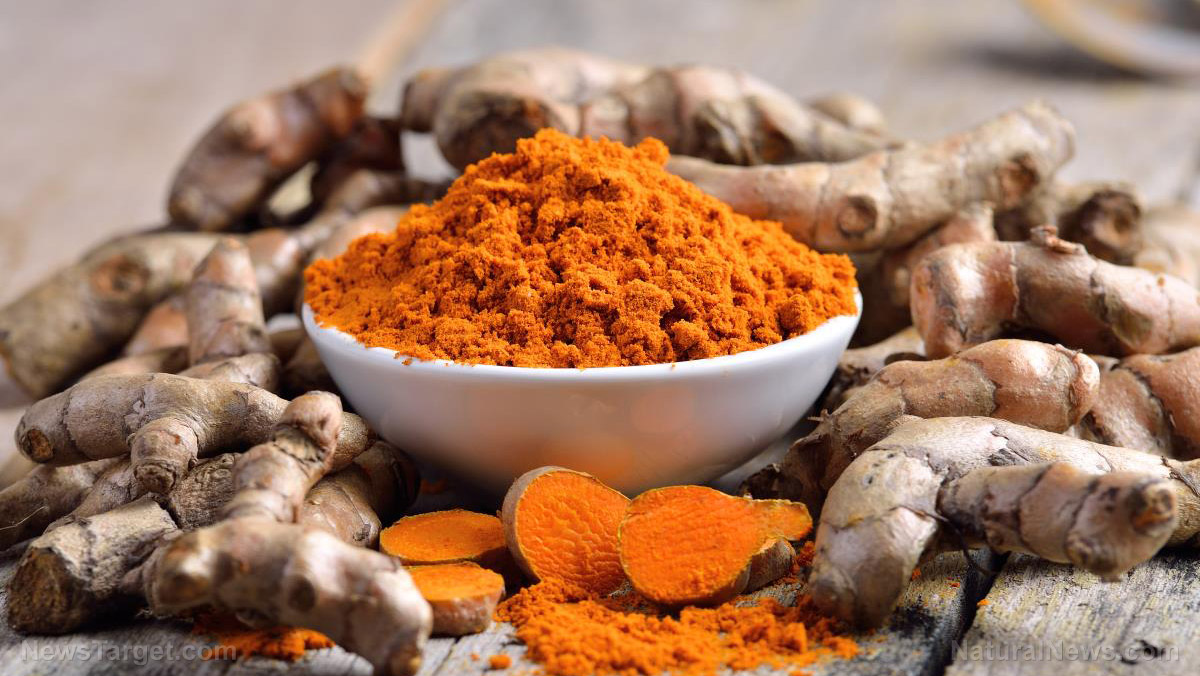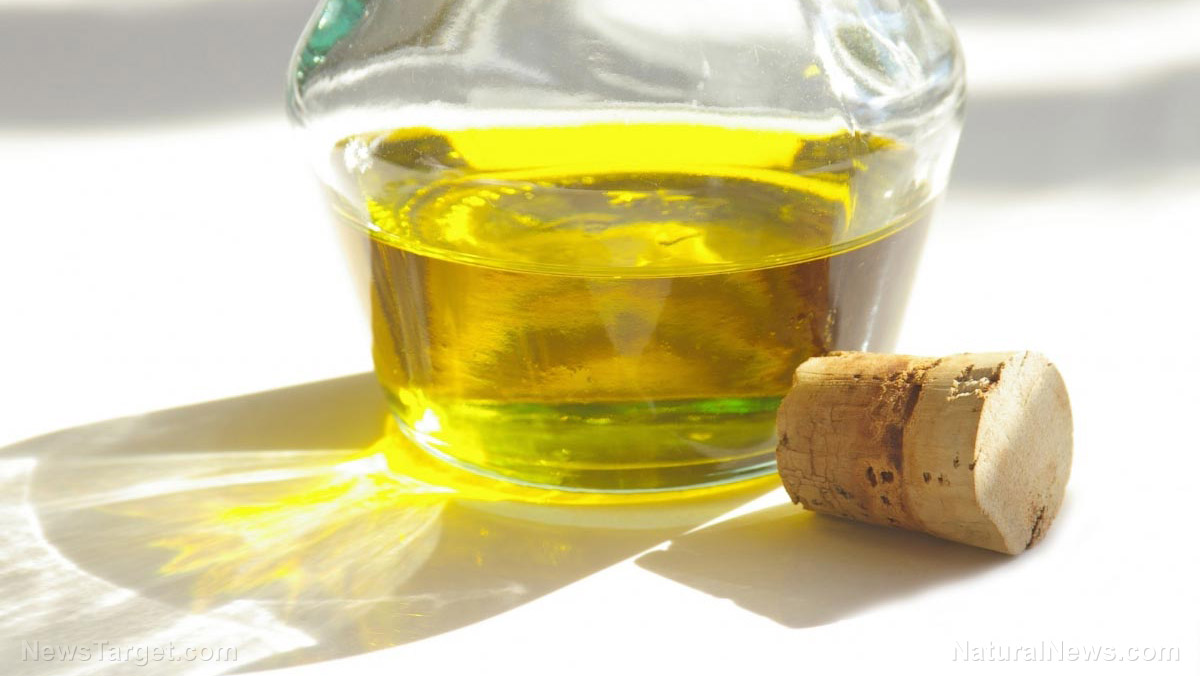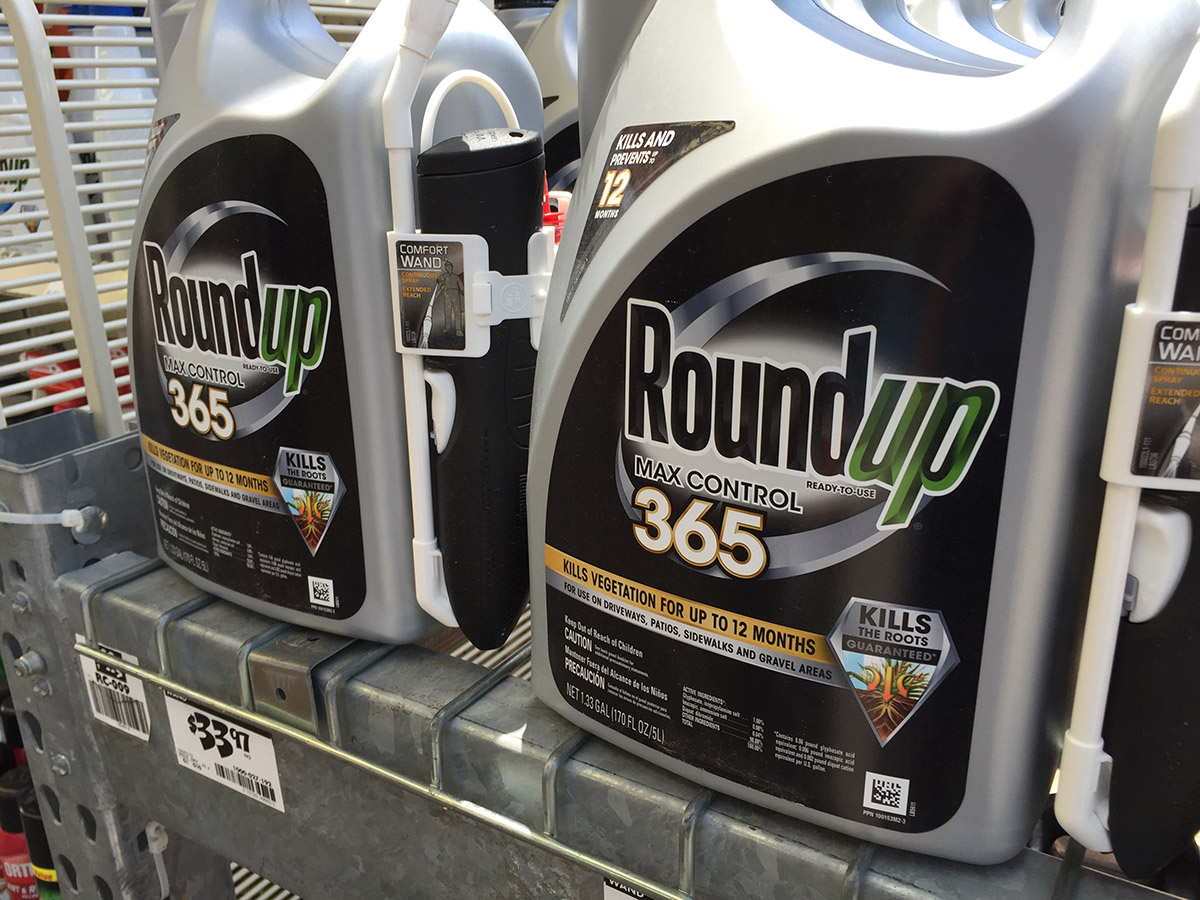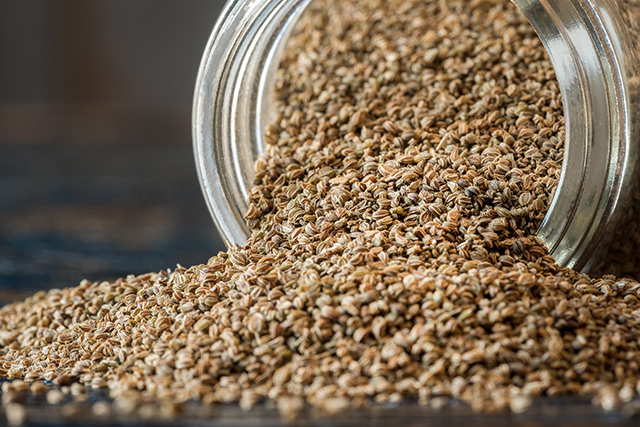Curcumin found to aid in the healing of skin wounds
05/25/2018 / By Ralph Flores

Curcumin, aside from making curry taste good, can also be an effective biomaterial in healing skin wounds. The findings, which were published in the journal Stem Cell Research and Therapy explored the effects of curcumin on a specific bone marrow-derived mesenchymal stem cell (BMSC) sheet, in particular, its effects on the immune response on wound regeneration.
Earlier studies have shown the multiple health benefits of curcumin, which is the active ingredient in turmeric. Moreover, the benefits of topical application of curcumin in wounds have also been investigated. In one study, curcumin was noted to reduce inflammation in rats that were subjected to nasal mucosal wounds.
In the current study, researchers targeted wound treatments, particularly in adults. Wound repair can be hampered by an imbalanced immune response. As a result, this leads to cases where repaired tissues become nonfunctional. There have been various treatments for cutaneous wounds, but one that utilizes the immune system via a biomaterial is a strategy that should be explored.
To test this, researchers used a BMSC sheet and exposed it to curcumin. They then studied its immunomodulatory effects on healing wounds. This was compared with sheets without curcumin and a saline solution for control. In addition, the sheets were applied to induced wounds, which were studied for over a month.
The results indicated that BMSC sheets that were treated with curcumin had resulted in a favorable immune microenvironment. In addition, the curcumin BMSC sheets displayed epidermal thickness and collagen deposition the closely resembled normal skin.
Researchers then concluded that curcumin exhibited a positive outcome in the BMSC healing process, as well as an immune microenvironment that promotes regeneration for cutaneous wounds.
“These results demonstrate that the specific BMSC sheet induced with curcumin could be a promising biomaterial for adult full-thickness cutaneous wound healing, providing a new perspective for the future treatment of skin wound repair,” they wrote in the report.
Other benefits of curcumin
Far from just healing wounds, curcumin packs other benefits that your body needs.
- It is a natural anti-inflammatory agent — Curcumin is known to inhibit inflammation at a molecular level, preventing low-level chronic inflammation that causes many common diseases.
- It significantly increases antioxidant capacity in the body — Curcumin is a potent antioxidant, which can prevent oxidative stress in the cells and neutralize free radicals.
- It improves BDNF, which lowers the risk of certain diseases — The brain-derived neurotrophic factor (BDNF) is a growth hormone that has been linked with reducing the chances of getting conditions such as severe depression and Alzheimer’s disease. Studies have noted that curcumin increases BDNF levels in the brain, which helps stave off brain diseases.
- It lowers the risk of cardiovascular diseases — Taking curcumin improves the function of the blood vessels, which are key factors of blood pressure, blood clotting, and plaque build-up.
- It can prevent certain types of cancers — Studies have shown that curcumin is able to inhibit tumor growth in animal tests. Moreover, it can help reduce blood vessel growth in tumors. It has also been linked to preventing certain types of cancers, such as that of the digestive system.
- It can fend off depression — In a controlled trial, curcumin was shown to be an effective anti-depressant.
Learn even more benefits of curcumin by heading to Turmeric.news today.
Sources include:
Tagged Under: antioxidant, BDNF, biomaterials, brain health, brain-derived neurotrophic factor, cardiovascular health, curcumin, cutaneous wounds, imbalanced immune response, immune response, inflammation, natural remedies, repairing tissue, tissue repair, turmeric, Wound Healing


















